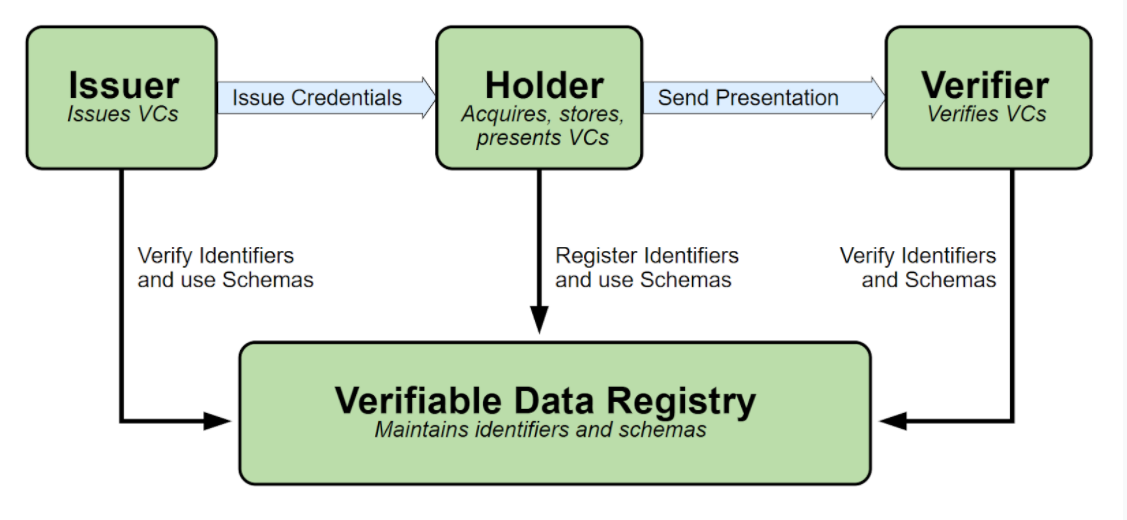The all-digital tidal wave has reached universities and educational and training institutions that issue certifications, and the physical diplomas they award increasingly have their digital doubles. To adapt to this revolution, these organizations need a viable system for easily issuing digital certifications, and they often call upon a third party to set up a digital credentials solution.
What are the elements to consider before choosing the format of digital credentials that will best suit your institution? BCdiploma tells you the essential characteristics to look for in a partner for successful digitalization.

How to recognize a good digital accreditation solution
1. A trusted partner and tried and tested system
For the issuing of important documents, such as diplomas and certificates, you should turn to a partner in which you have full confidence, and whose system is tried, tested and proven. For example, a solution based on the use of blockchain technology guarantees the total authenticity and inviolability of issued credentials, as well as decentralized and direct access to the certified data.
2. Compliance with W3C standards and full interoperability
The digital credentials should comply with the standards established by the World Wide Web Consortium (W3C), for interoperability purposes in particular. One of the advantages of the use of digital credentials is, indeed, the compatibility of digital certificates with common standards for consulting and sharing documents. The digital credentials must be readable at all times, regardless of the format in which they are issued or opened.

3. A partner that adapts to your institution
Universities, certifying bodies, banks, companies, ministries, etc. : organizations that decide to issue digital credentials are more and more common, and their needs extremely varied. In this context of evolution and the increasing use of the digital accreditation, choosing a partner capable of meeting the expectations of each of these actors is a guarantee of a service that evolves and adapts.
4. The ability to issue digital credentials in several formats
Due to the need for flexibility in the face of changing needs and technological developments, you should ensure that the partner you turn to can adapt the format of the digital credentials it creates for you. In an academic context, there are subtle but important differences between:
- Micro-certifications
- Open Badges
- Skills Blocks
- Digital diplomas and diploma certificates
Regardless of the format of the digital credentials you currently want to issue, it is best to have the ability to modify their appearance and functionality to the liking of your institution.

5. Keeping control of your issued certifications
The reliability of a digital credentials system is based on the authenticity of the data they contain. In the event that a digital certificate issued to an individual needs to be modified or revoked, it is essential to have control over it for its entire lifespan.
6. An automated and simplified process
Another essential characteristic is automation of the digital credential issuing process. Entities that turn to a service provider to delegate the production of their digital certificates often have to do so because they need to issue certificates on a large scale. Therefore, the proposed process must necessarily be automated and as simple as possible.
7. An efficient support service
For an operation as delicate as issuing digital credentials in various formats and for evolving uses, institutions need a guarantee of access to a responsive customer service that can immediately answer each and every question that emerges.
BCdiploma: an exceptional blockchain partner
To create digital certificates with complete peace of mind, choose BCdiploma as a partner. Our platform allows you to issue the digital credentials you want and easily adapt them to your circumstances. Our expertise in blockchain technology is for you the guarantee of a partnership that simplifies your most complex processes. Visit our website to book your demo!
